Ditapis dengan
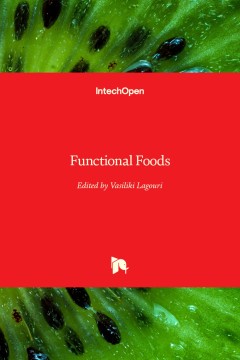
Functional Foods
Let food be thy medicine and medicine be thy food" said Hippocrates, the father of medicine approximately 2500 years ago. Is food also medicine? Are products that intend to cure diseases medicinal products and not food? Do we know the combination of foods or food components with functional properties that can help promote the well-being or reduce the risk of chronic diseases? In general terms, …
- Edisi
- -
- ISBN/ISSN
- 978-1-83881-151-8
- Deskripsi Fisik
- 132 hlm.
- Judul Seri
- -
- No. Panggil
- -

Development of Humanized Mouse Models for Infectious Diseases and Cancer
- Edisi
- -
- ISBN/ISSN
- 978-2-88963-481-1
- Deskripsi Fisik
- 169 page
- Judul Seri
- -
- No. Panggil
- -
- Edisi
- -
- ISBN/ISSN
- 978-2-88963-481-1
- Deskripsi Fisik
- 169 page
- Judul Seri
- -
- No. Panggil
- -
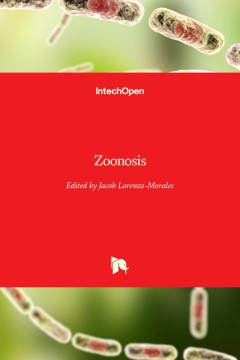
Cancer Immunotherapy & Immuno monitoring : Mechanism, Treatment, Diagnosis, a…
- Edisi
- -
- ISBN/ISSN
- 978-2-88919-380-6
- Deskripsi Fisik
- 398 page
- Judul Seri
- -
- No. Panggil
- -
- Edisi
- -
- ISBN/ISSN
- 978-2-88919-380-6
- Deskripsi Fisik
- 398 page
- Judul Seri
- -
- No. Panggil
- -
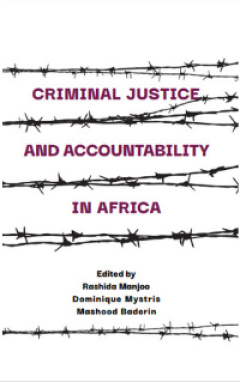
Criminal Justice and Accountability in Africa: Regional and National Developm…
Historically Africa has suffered from numerous conflicts which are typically addressed through international criminal law mechanisms and courts, but the need for a broader approach is both evident and demanded. This book pulls together the debates originating from the conference “Criminal Justice and Accountability in Africa: National and Regional Developments” and highlights the different …
- Edisi
- -
- ISBN/ISSN
- 978-1-991213-18-1
- Deskripsi Fisik
- 224 hlm.
- Judul Seri
- -
- No. Panggil
- -
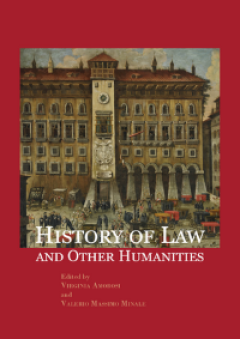
History of Law and Other Humanities: Views of the Legal World Across the Time
The collection of thirty-five essays presented here examines the links forged through the ages between the realm of law and the expressions of the humanistic culture. The essays are organized into sections of ten chapters based around ten different themes. Two main perspectives emerged: in some articles the topic relates to the conventional approach of ‘law and/in humanities’ (iconography, …
- Edisi
- -
- ISBN/ISSN
- 978-84-1324-239-2
- Deskripsi Fisik
- 594 hlm.
- Judul Seri
- -
- No. Panggil
- -
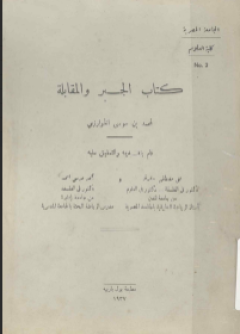
Kitabu Al-Jabr wa Al-Muqabalah li Muhammad bin Musa Al-Khawarizmi
- Edisi
- -
- ISBN/ISSN
- -
- Deskripsi Fisik
- -
- Judul Seri
- -
- No. Panggil
- -
- Edisi
- -
- ISBN/ISSN
- -
- Deskripsi Fisik
- -
- Judul Seri
- -
- No. Panggil
- -

The Algebra of Mohammed ben Musa
- Edisi
- -
- ISBN/ISSN
- -
- Deskripsi Fisik
- 348p
- Judul Seri
- -
- No. Panggil
- -
- Edisi
- -
- ISBN/ISSN
- -
- Deskripsi Fisik
- 348p
- Judul Seri
- -
- No. Panggil
- -
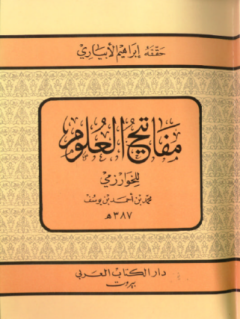
Mafatih Al-Ulum
- Edisi
- -
- ISBN/ISSN
- -
- Deskripsi Fisik
- 288p
- Judul Seri
- -
- No. Panggil
- -
- Edisi
- -
- ISBN/ISSN
- -
- Deskripsi Fisik
- 288p
- Judul Seri
- -
- No. Panggil
- -
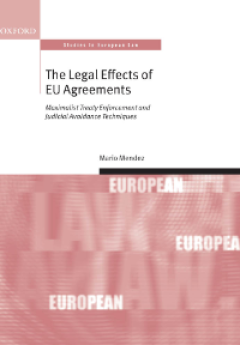
The Legal Effects of EU Agreements
Examining the legal effects of EU concluded treaties, this book provides an analysis of this increasingly important and rapidly growing area of EU law. The EU has concluded more than 1,000 treaties including recently its first human rights treaty (the UN Rights of Persons with Disability Convention). These agreements are regularly invoked in litigation in the Courts of the member states and bef…
- Edisi
- -
- ISBN/ISSN
- 978-0-19-960661-0
- Deskripsi Fisik
- 399 hlm.
- Judul Seri
- -
- No. Panggil
- -
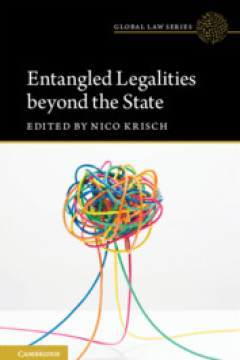
Entangled Legalities Beyond the State
Law is usually understood as an orderly, coherent system, but this volume shows that it is often better understood as an entangled web. Bringing together eminent contributors from law, political science, sociology, anthropology, history and political theory, it also suggests that entanglement has been characteristic of law for much of its history. The book shifts the focus to the ways in which …
- Edisi
- -
- ISBN/ISSN
- 978-1-108-91464-2
- Deskripsi Fisik
- 522 hlm.
- Judul Seri
- -
- No. Panggil
- -
 Karya Umum
Karya Umum  Filsafat
Filsafat  Agama
Agama  Ilmu-ilmu Sosial
Ilmu-ilmu Sosial  Bahasa
Bahasa  Ilmu-ilmu Murni
Ilmu-ilmu Murni  Ilmu-ilmu Terapan
Ilmu-ilmu Terapan  Kesenian, Hiburan, dan Olahraga
Kesenian, Hiburan, dan Olahraga  Kesusastraan
Kesusastraan  Geografi dan Sejarah
Geografi dan Sejarah